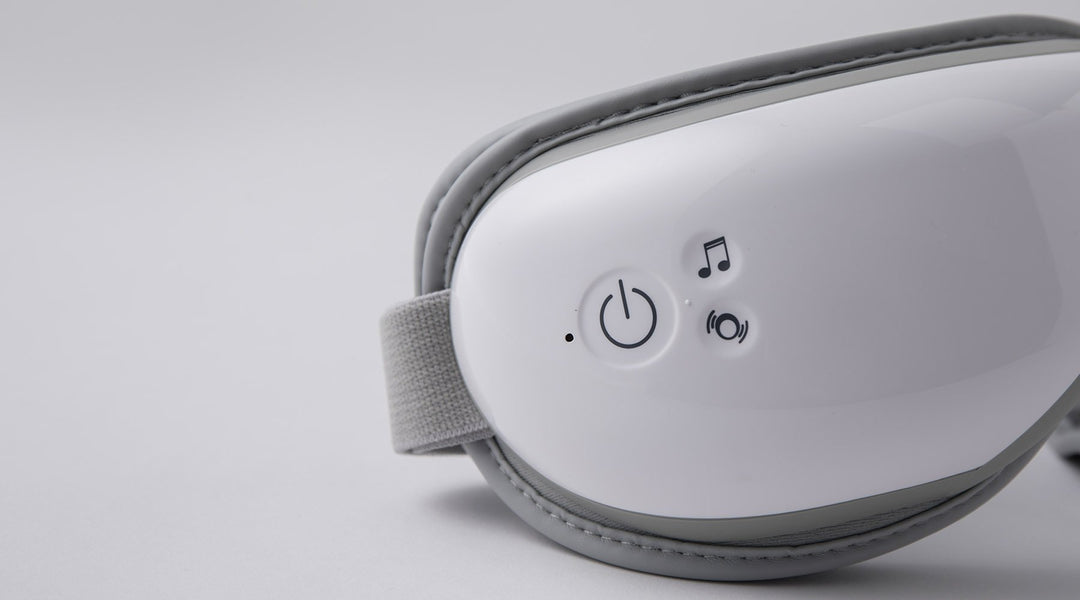Now that the dust from the hustle and bustle of the Christmas holidays has settled, we are now ready for the New Year. Many look forward to the countdown and the breathtaking fireworks display with much anticipation. However, as the calendar turns to 2023, others may feel a little down.
Maybe you don’t really feel great about how you overindulged during Christmas, or how your house feels empty now that everyone has left. Or maybe the thought of taking down the holiday decorations after ushering in the New Year might make you sad and depressed. Perhaps you aren’t too excited to return to your regular daily routine next year just yet.
If this is you, you may be experiencing the blues after Christmas. Let’s dive into what these are and how you can boost your spirits after the Christmas period!
How to Know It’s Post-Christmas Blues
While it manifests symptoms similar to other mental health conditions, including sadness, headaches, lack of motivation, and insomnia, the post-Christmas blues are different from more serious mental health issues such as anxiety disorder.
One major distinction is that post-Christmas blues last just a few weeks into the new year, said the US-based Center for Treatment of Anxiety and Mood Disorders. You can also still go about your everyday chores or routines. But speak to your doctor if you feel that you need someone to talk to about how you’re feeling.
So what’s causing the blues after the Christmas celebration? According to Noel Bell, a Clinical Psychotherapist in London, the condition has not been fully studied yet. But one of the factors that could trigger the symptoms is “the sudden withdrawal of stress hormones that follows a significant social event,” he wrote.
Self-Care Tips To Boost Your Mood
Looking after your emotional well-being through some self-care routines may help improve how you’re feeling right now and cheer you up. Here are some tips that may help boost your spirit and make you feel excited about the new opportunities in the new year.

1. Exercise
Get your fitness mode on. Sports Medicine Specialist Robert Gotlin of New York-based Lenox Hill Hospital notes that exercise plays a role not only in your fitness but also in your overall health and well-being.
After overindulging in alcoholic drinks and sugary foods, it’s time to allot some workout time. You may start small by jogging or walking around the neighborhood daily. This will also allow you to get some fresh air to help boost your emotional and mental health. Or you can hit the gym and do some strength training or intense cardio exercises alone or with your fitness buddies.
2. Eat Healthy
Not only do nutritious foods make your body strong but they are also a mood booster. Some foods that have been found to boost your mental and emotional well-being include:
• Omega 3 fatty acids such as salmon
• Banana
• Dark chocolate
• Oats
• Quinoa and sweet potatoes
• Chicken, nuts, and soybeans
• Eggs
3. Create a To-Do List
It helps to occupy your mind with stuff that makes you feel more productive. A to-do list will allow you to be strategic, focused, and organized as you go about your tasks, therefore saving you a lot of energy, time, and resources. But keep your list simple- a maximum of 3 items- so as not to overwhelm and stress you out.

4. Practice Mindfulness and Meditation
Being aware of the present moment and meditating are proven to improve your overall health and well-being. Studies have found mindfulness and meditation practices allow you to better manage your stress, anxiety, pain, depression, and other related symptoms.
5. Set Healthy Boundaries
Dr. Jo Nash, who obtained her Ph.D. in Psychotherapy Studies from the University of Sheffield in the UK, wrote that healthy boundaries create healthy relationships and are good for your psychological well-being. According to her, it's because boundaries define "our expectations of ourselves and others in different kinds of relationships.”
Saying no to more social commitments for the New Year celebration is a healthy form of boundary. This way, you’re protecting your mind and body from the stress and exhaustion that come with attending festivities beyond what you can handle.

6. Focus on “Me Time”
With a healthy boundary, you can focus more on recharging your batteries and doing the things that you love such as working out, going to the spa, and many more. Taking time to have a “me time” reduces your stress and anxiety as well as allows you to connect and understand your body and emotions. This enables you to better address your needs for the sake of your physical and mental health.
Conclusion
After Christmas, you may feel sad and lonely. During this time, be gentle with yourself and focus on positive and uplifting things. But talk to someone who cares about you or your doctor if you need support.
Renpho Health Tips
-

Can You Prevent Eye Strain From Too Much Screen Time?
Oct 12, 2022
Read more >
-

Why You Need An Eye Massager in 2020
Jul 09, 2020
Read more >
-

Tips to Stay Fit Over Christmas
Dec 04, 2022
Read more >
-

Mini Habits - Importance Of Rest & Recovery
Nov 29, 2022
Read more >
-

Stretching Exercises to Do Before Going to Bed
Oct 11, 2022
Read more >

